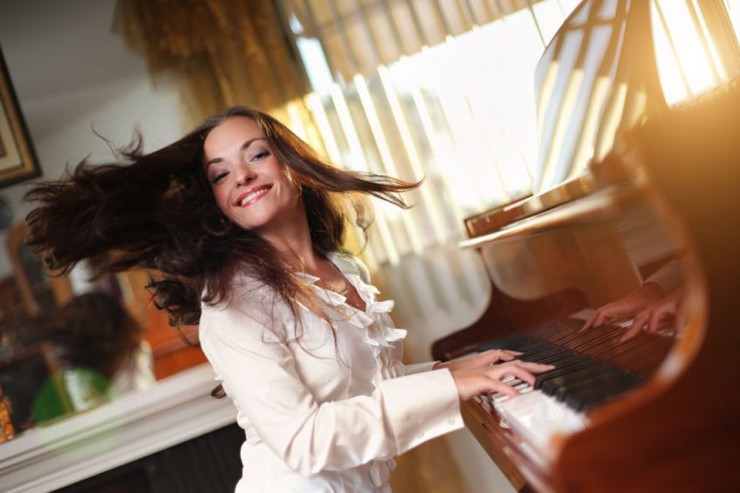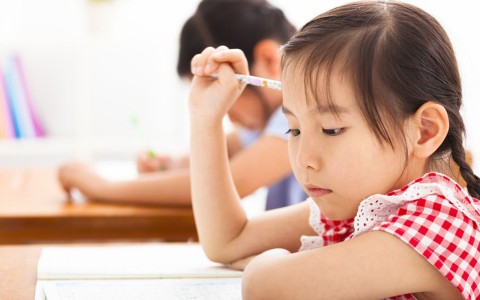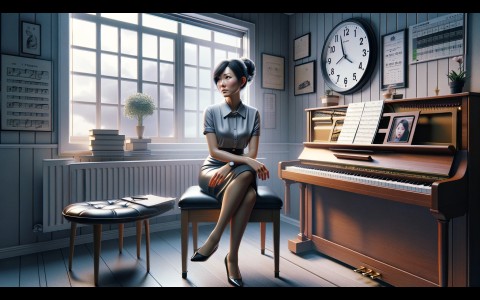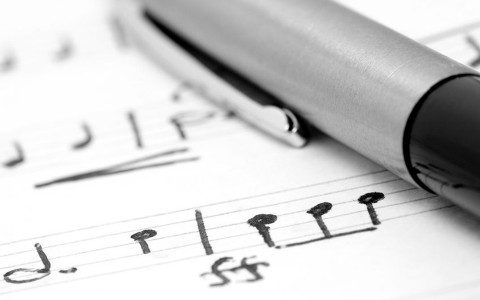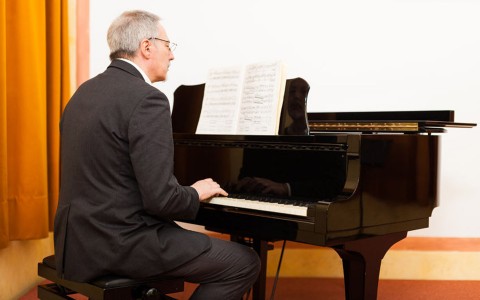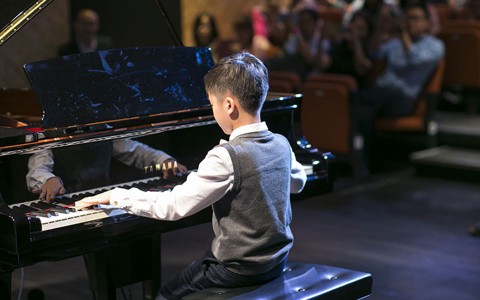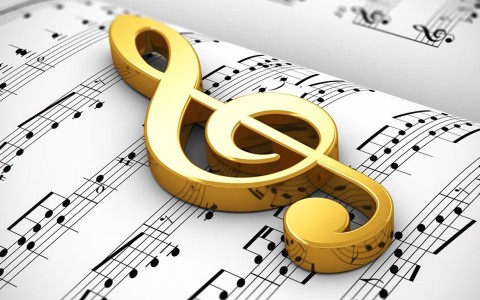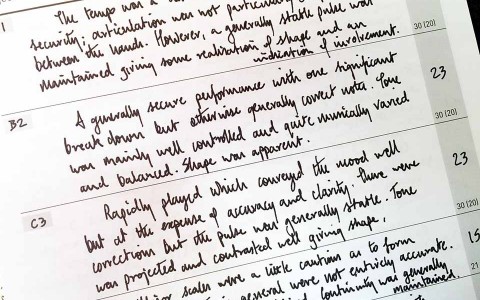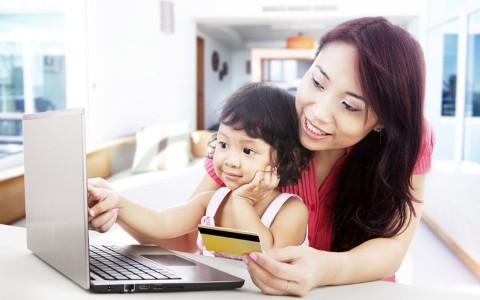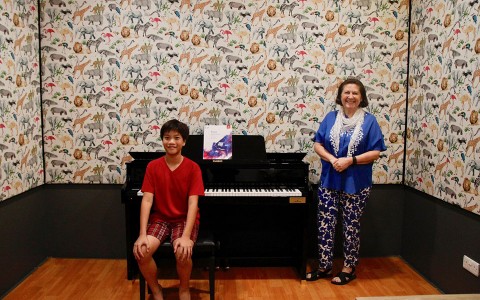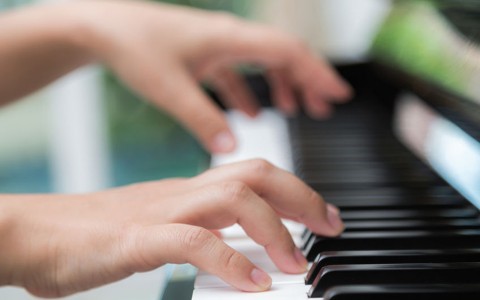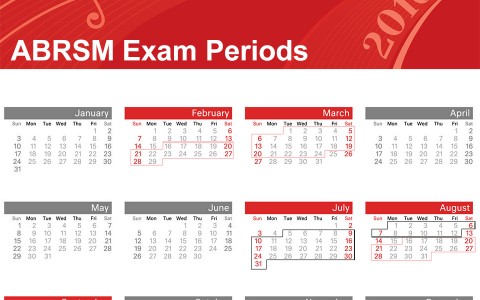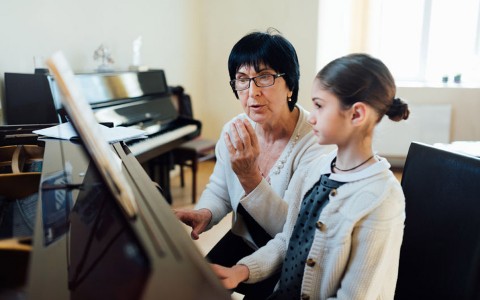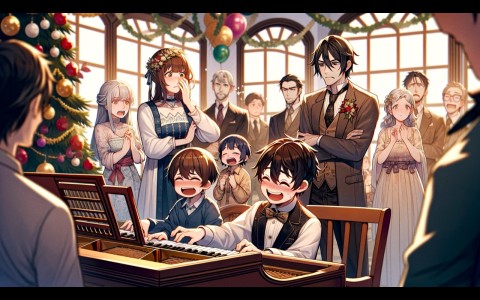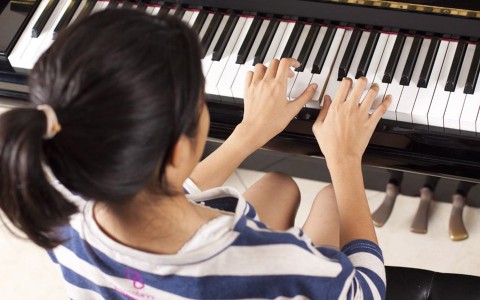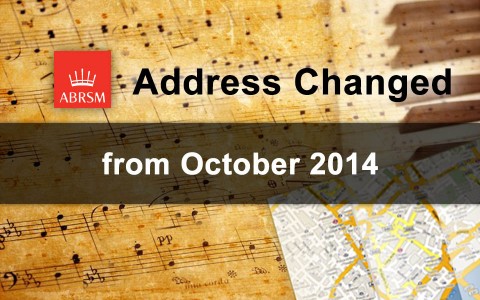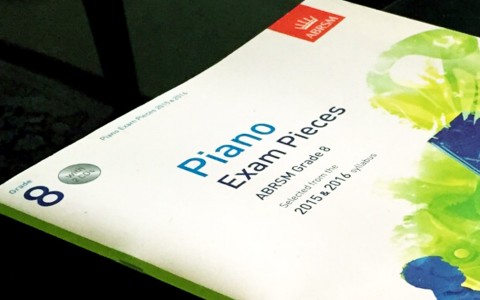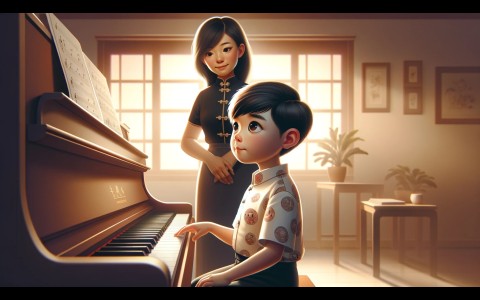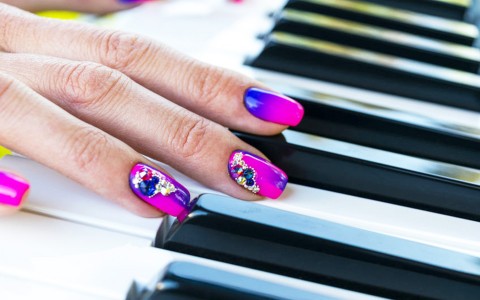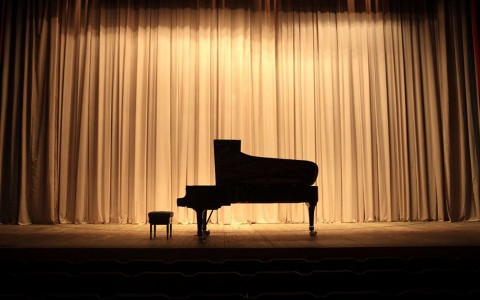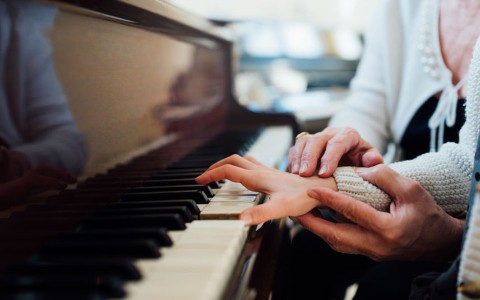Oh, so you have an adult friend who talks about how it is a pity not to learn piano when she was a child, and it is now impossible because her fingers are too stiff and she's too old to pick up piano. Well, are you convinced? This urban myth is so common in Singapore that most interested adults find themselves dealing with this unnecessary psychological obstacle right at the start.
It certainly doesn't help when there are piano child prodigies - examples from Singapore include Abigail Sin and See Ning Hui - and adult prodigies are hardly heard of, if there is such a thing as an "adult prodigy". Honestly, there could be a few other ingredients that come together to form this "mind poison".
Nonetheless, there is no reason why adults cannot learn piano.
You must have a passion for it, at the minimum. This is trivial at the start, since it is why you would want to pick it up in the first place. And, a motivated person learn really fast! The challenge, however, is whether this passion can be sustained, outlast the other push factors, and be built stronger over the years. The common reasons why adults give up so soon after starting lessons for just a few months, are lack of time due to work and family commitment, feeling exhausted after a day's work, having no sense of achievement, losing interest, and boring pieces to practice on. Thus, it is very important to consider your current lifestyle and establish a realistic expectation to avoid a big disappointment should things go down south.
Plan a practice schedule around your current commitment. Because playing the piano is an art, you have to spend time to hone your skill. Look at it this way: an accomplished chef, painter, builder, engineer, or writer; would not hesitate to agree that he has invested many years of his life to attain his current achievements. Yet spending more time might not necessarily translate to any improvement, but not spending enough time definitely won't make you any better.
A good teacher helps a lot - he would tailor make the lesson's contents and approach to fit the adult student's character and learning style. Beware that this is not to lessen the student's own responsibility to practice diligently, and place the bigger onus on the teacher. It takes both a good teacher and a good student to forge an awesome relationship that can realise the common goals. More often than not, adults who make rapid progress are those with excellent teachers and are engaged in intentional and focused practice.
Do set reasonable goals. If a kid starts learning at the age of 6, and finishes at 18; it does not mean you have to end at 42, if you begin at 30. Also, do not expect to play your favourite piece which requires certain competence, within weeks or months after your first lesson. Manage your expectations. Know your commitment level. Set micro-goals together with your teacher as you progress.
Lastly, the single most important thing about learning to play the piano is to really love playing it. Just try your very best and practice hard for its own sake.
